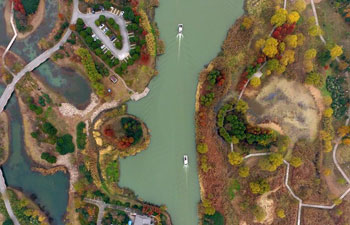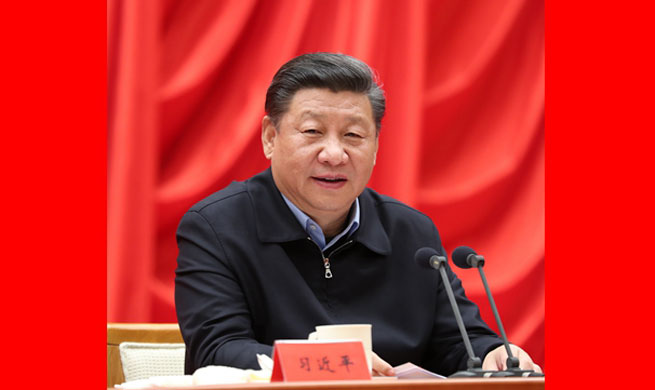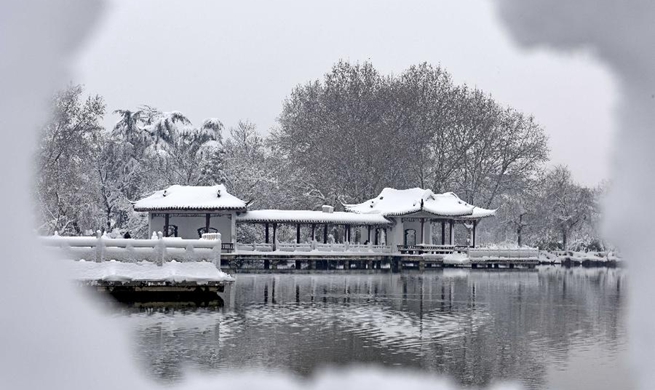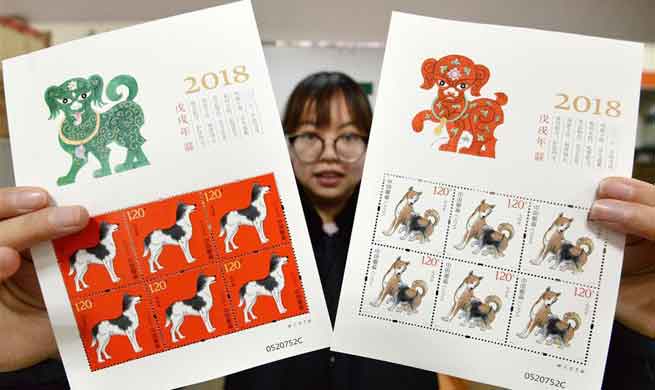HARARE, Jan. 5 (Xinhua) -- Zimbabwe's wildlife conservation industry has welcomed China's ban on ivory trade but stressed on the need for strong enforcement for the measure to be effective.
The ban entered into force on Dec. 31, 2017, in China, once the world's biggest market for ivory.
Tom Milliken of Traffic International, a global wildlife trade monitoring network, told Xinhua Friday that the effectiveness of the ban was hinged on strict enforcement of the law.
"China's ivory trade ban will be as effective as its law enforcement action that will be employed to implement it," Milliken said. "Policy changes alone is not going to work unless strong action on law enforcement is taken."
Zimbabwe has over the years battled poaching of its wildlife, particularly the elephant and the rhino, with the number of its endangered rhino falling to about 800 due to poaching.
The size of Zimbabwe's elephant herd, at 84,000, is more than its carrying capacity.
Due to a Convention on the International Trade in Endangered Species of Wild Flora and Fauna (CITES) ban on ivory trade, Zimbabwe has been unable to sell its huge stockpile of ivory, which now stands at 70 tons.
Last month, authorities intercepted 200 kg of ivory at the Harare Robert Gabriel Mugabe International Airport, which was destined for Kuala Lumpur, Malaysia.
In 2013, Zimbabwe witnessed one of its worst poaching cases in years when poachers poisoned more than 100 elephants with cyanide in the country's largest game reserve, Hwange National Park.
Johnny Rodrigues, chairman of the Zimbabwe Conservation Task Force, said China's ban on ivory trade could potentially help reduce poaching of wildlife in Zimbabwe.
"I believe it (ban) will help contain the poaching problem if the two countries enforce their policies and police their rules," Rodrigues said.

















